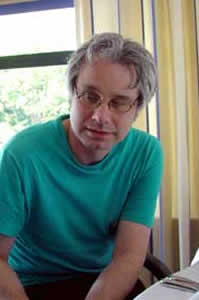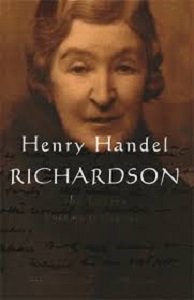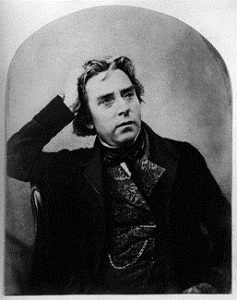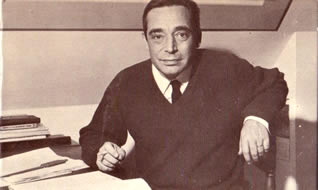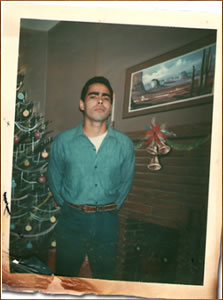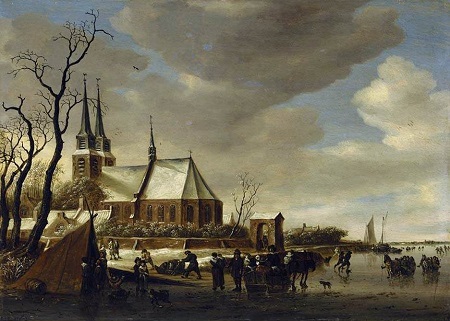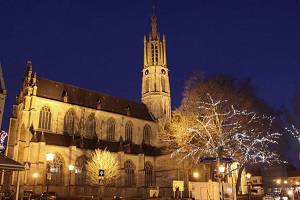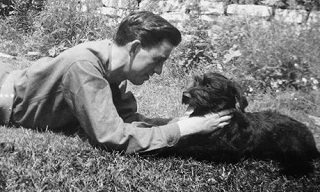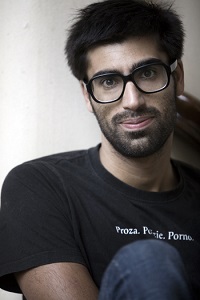De Syrische schrijver Adonis (pseudoniem van Ali Ahmad Sa’id) werd geboren op 1 januari 1930 in Qassabin in het noorden van Syrië. Zie ook alle tags voor Adonis op dit blog.
Celebrating Childhood
Even the wind wants
to become a cart
pulled by butterflies.
I remember madness
leaning for the first time
on the mind’s pillow.
I was talking to my body then
and my body was an idea
I wrote in red.
Red is the sun’s most beautiful throne
and all the other colors
worship on red rugs.
Night is another candle.
In every branch, an arm,
a message carried in space
echoed by the body of the wind.
The sun insists on dressing itself in fog
when it meets me:
Am I being scolded by the light?
Oh, my past days—
they used to walk in their sleep
and I used to lean on them.
Love and dreams are two parentheses.
Between them I place my body
and discover the world.
Many times
I saw the air fly with two grass feet
and the road dance with feet made of air.
My wishes are flowers
staining my days.
I was wounded early,
and early I learned
that wounds made me.
I still follow the child
who still walks inside me.
Now he stands at a staircase made of light
searching for a corner to rest in
and to read the face of night again.
If the moon were a house,
my feet would refuse to touch its doorstep.
They are taken by dust
carrying me to the air of seasons.
I walk,
one hand in the air,
the other caressing tresses
that I imagine.
A star is also
a pebble in the field of space.
He alone
who is joined to the horizon
can build new roads.
A moon, an old man,
his seat is night
and light is his walking stick.
What shall I say to the body I abandoned
in the rubble of the house
in which I was born?
No one can narrate my childhood
except those stars that flicker above it
and that leave footprints
on the evening’s path.
My childhood is still
being born in the palms of a light
whose name I do not know
and who names me.
Out of that river he made a mirror
and asked it about his sorrow.
He made rain out of his grief
and imitated the clouds.
Your childhood is a village.
You will never cross its boundaries
no matter how far you go.
His days are lakes,
his memories floating bodies.
You who are descending
from the mountains of the past,
how can you climb them again,
and why?
Time is a door
I cannot open.
My magic is worn,
my chants asleep.
I was born in a village,
small and secretive like a womb.
I never left it.
I love the ocean not the shores.
Vertaald door Khaled Mattawa
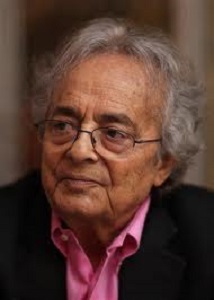
Adonis (Qassabin, 1 januari 1930)
Lees verder “Adonis, Jonas T. Bengtsson, Chantal van Gastel, Juan Gabriel Vásquez, Paul Hamilton Hayne” →
